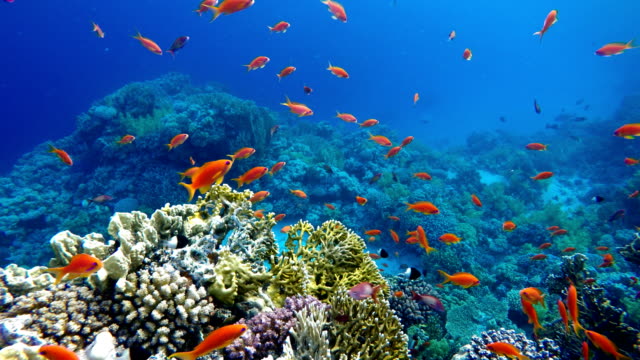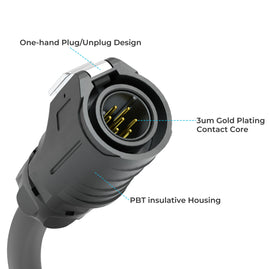Setting Up a Sustainable Saltwater Aquarium
As you gaze into your saltwater aquariums, you’re peering into a delicate marine ecosystem that relies on you to keep it healthy. With some thoughtful practices, you can create a sustainable environment for your fish and coral, reducing your impact on wild ocean habitats. This article will guide you through eco-friendly aquarium options, from energy efficient equipment to responsibly sourced livestock. You’ll discover how small changes can make a big difference for the captive sea life under your care. Implement these sustainable saltwater practices, and you’ll be rewarded with a thriving underwater community you can enjoy while safeguarding the oceans.
Maintaining Your Saltwater Aquarium Sustainably
To establish an eco-friendly saltwater aquarium, you’ll need to make sustainable choices from the start.
First, choose a size-appropriate aquarium for the species you want to keep. A larger tank is easier to maintain stable conditions in and gives inhabitants more living space. For a reef tank, aim for at least 30 gallons.
Select energy efficient equipment like LED lighting which produces little heat and uses less energy than metal halides. Use a timer to ensure consistent photoperiods. An energy efficient protein skimmer and pump will reduce waste and lower your electric bill.
Choose sustainable livestock and feed. Herbivores and planktivores have a smaller environmental footprint than carnivores. Feed fish a varied, nutritious diet and only provide as much food as they can eat to avoid excess waste.
Perform regular water testing and partial water changes using natural sea salt and reverse osmosis or deionized water. This removes waste and replenishes trace elements. Aim for 10-20% water changes every week or two.
Decorate your tank with live rock and sustainable decor like mangrove root or slate. Live rock filters water and provides habitat for beneficial organisms. Avoid unsustainable coral decorations.
Following eco-friendly practices will establish a balanced, self-sustaining ecosystem in your saltwater aquarium. Your tank inhabitants and the planet will thank you. By starting sustainable, you’ll be enjoying your thriving reef tank for years to come.
Eco-Friendly Products for Your Saltwater Aquarium
To keep your marine ecosystem thriving in an eco-friendly way, implement sustainable practices.
Source Sustainably
When selecting fish and invertebrates, choose captive-bred over wild-caught species. This reduces the impact on natural populations and habitats. For live rock and sand, use aquacultured options instead of harvesting from reefs.
Reduce Energy Usage
Use an energy-efficient aquarium setup with LED lighting, which lasts longer and stays cooler than traditional bulbs. Place the tank in a spot with ambient light and avoid running lights for more than 8-10 hours per day. Use a timer to ensure lights are not left on when not viewing the tank.
Perform Regular Maintenance
Conduct frequent partial water changes of about 25% of the tank volume every week using saltwater of the same parameters. This reduces waste buildup, replenishes trace elements, and avoids the need for chemical filtration media. Skim protein and waste from the surface and empty mechanical filter baskets with each change. Scrub off excess algae to improve light penetration.
Sustainable Decorations
Use natural decor like sustainably-sourced live or aquacultured rock and sand, driftwood, and macroalgae. Avoid plastic plants and ornaments which can leach chemicals. Place decorations so that they do not obstruct filter intakes or light penetration.
Following these eco-friendly practices will help sustain a healthy, balanced ecosystem in your saltwater aquarium for you and your fish to enjoy responsibly. By reducing environmental impact, you are also supporting the conservation of coral reefs and marine life.




